What is Quercetin?
Quercetin, a flavonoid found in fruits and vegetables, has unique biological properties that may improve mental/physical performance and reduce infection risk . These properties form the basis for potential benefits to overall health and disease resistance, including anti-carcinogenic, anti-inflammatory, antiviral, antioxidant, and psychostimulant activities, as well as the ability to inhibit lipid peroxidation, platelet aggregation and capillary permeability, and to stimulate mitochondrial biogenesis.
Therefore, there is a pressing need for well-designed clinical trials to evaluate this novel dietary supplement further. This article reviews effects of quercetin on inflammation and immunity in mental and physical performance and health.
Quercetin is categorized as a flavonol, one of the six subclasses of flavonoid compounds. The name has been used since 1857, and is derived from quercetum (oak forest), after Quercus. It is a naturally occurring polar auxin transport inhibitor. The International Union of Pure and Applied Chemistry (IUPAC) nomenclature for quercetin is 3, 3′, 4′, 5, 7-pentahydroxyflvanone (or its synonym 3, 3′, 4′, 5, 7-pentahydroxy-2-phenylchromen-4-one). This means that quercetin has an OH group attached at positions 3, 5, 7, 3′, and 4′. Common forms of quercetin were shown in Figure 1.






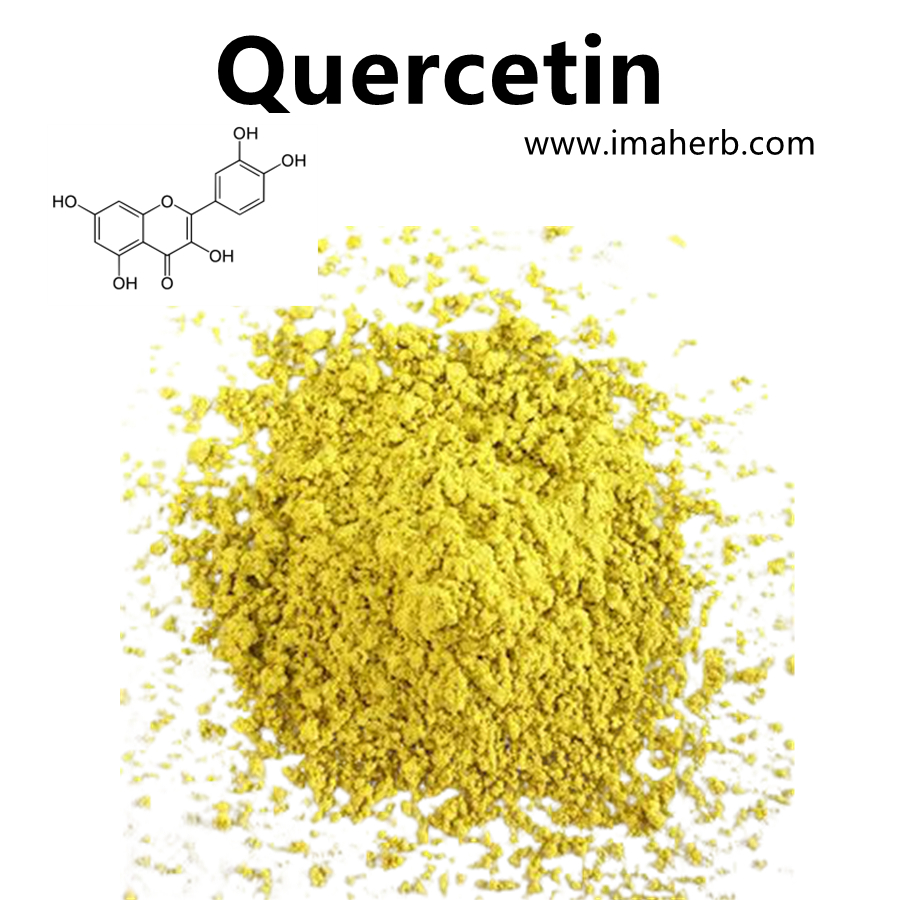






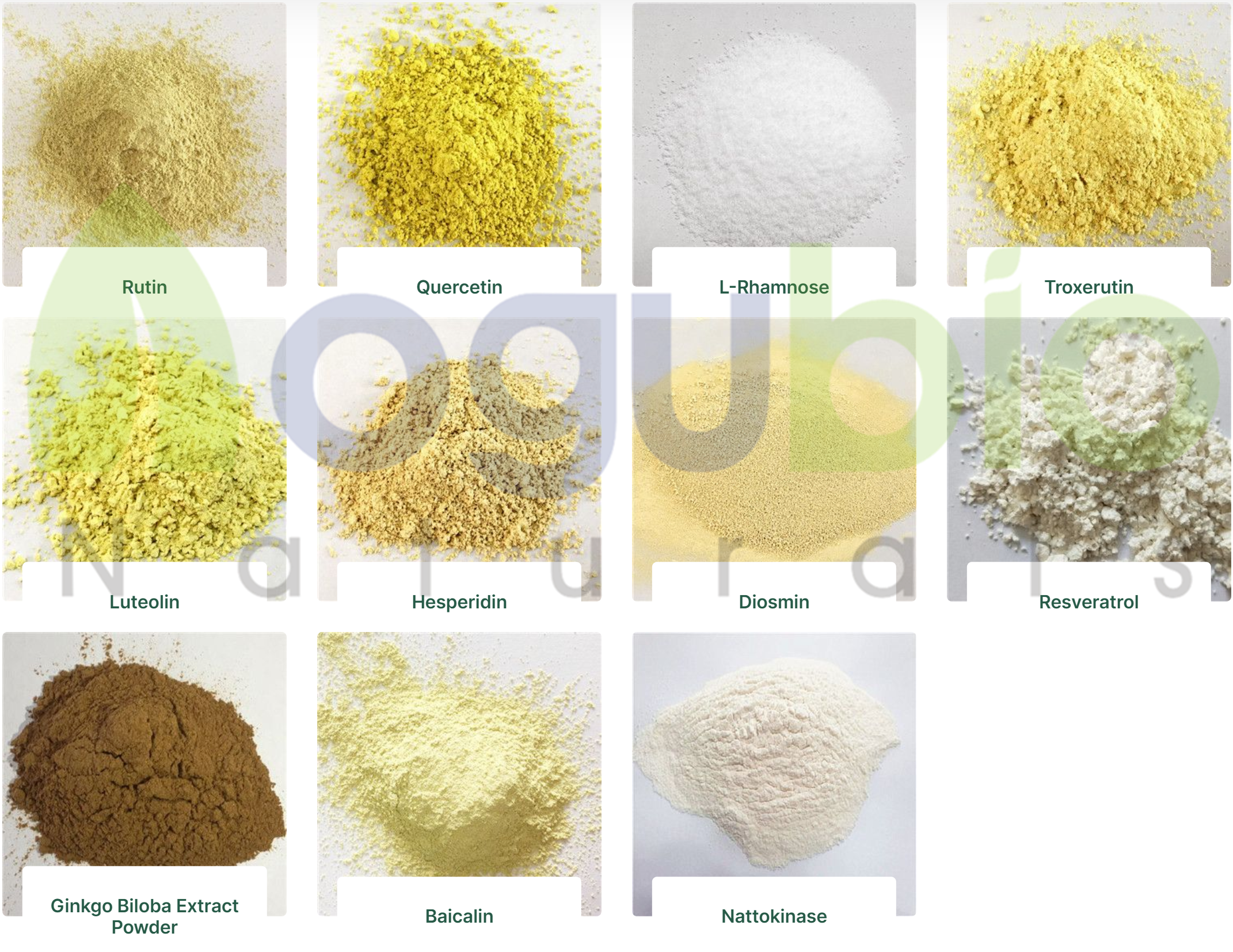



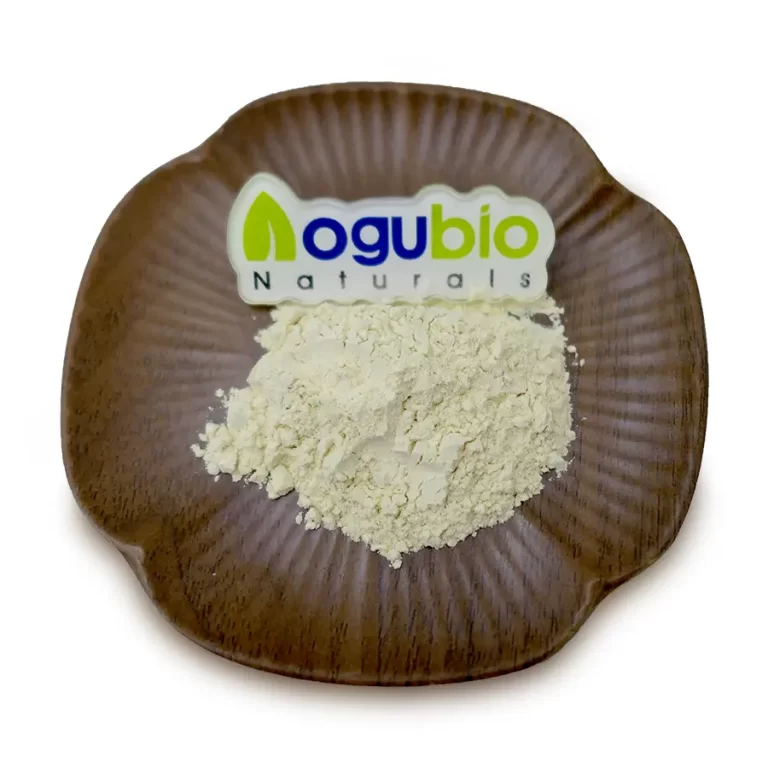
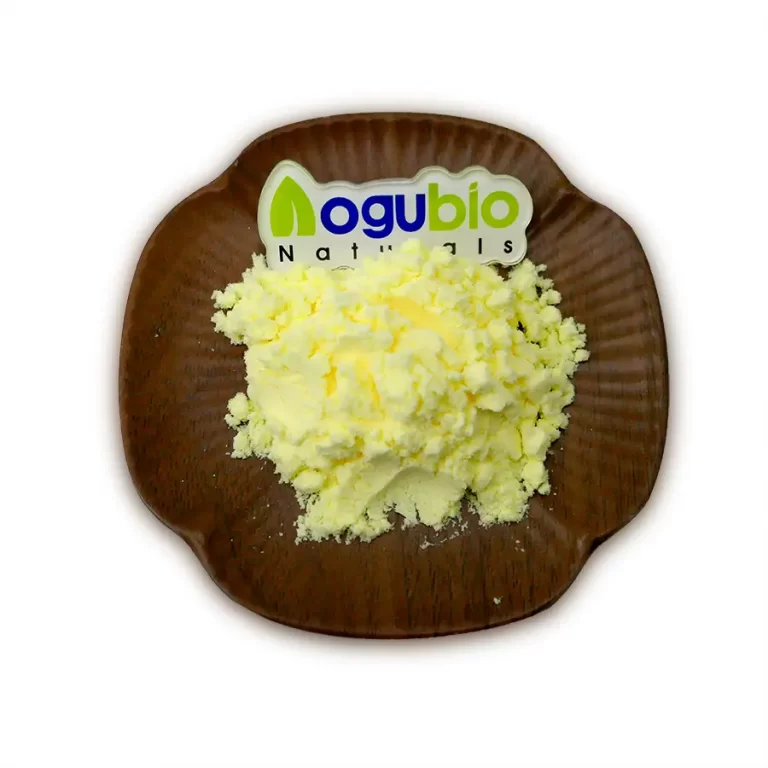
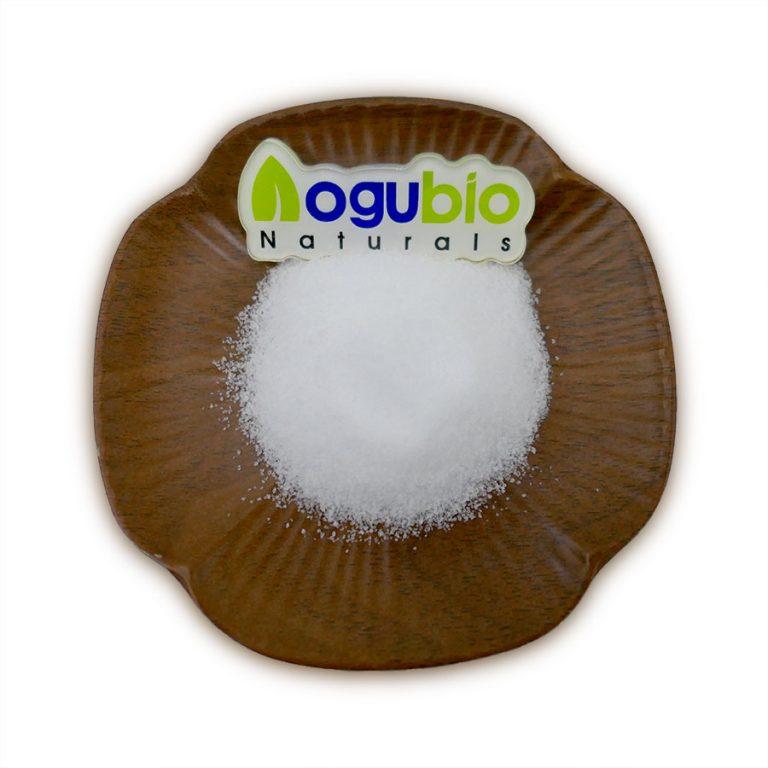

 skype
skype Sales Manager
Sales Manager Rebekah
Rebekah Rachel
Rachel Miranda
Miranda Camilla
Camilla
 Sales Manager
Sales Manager